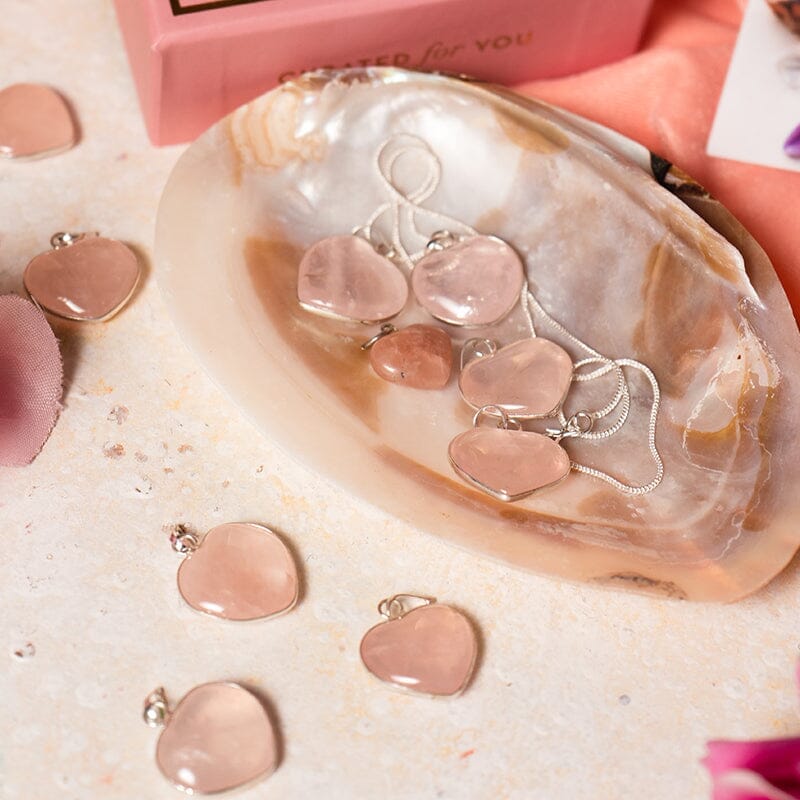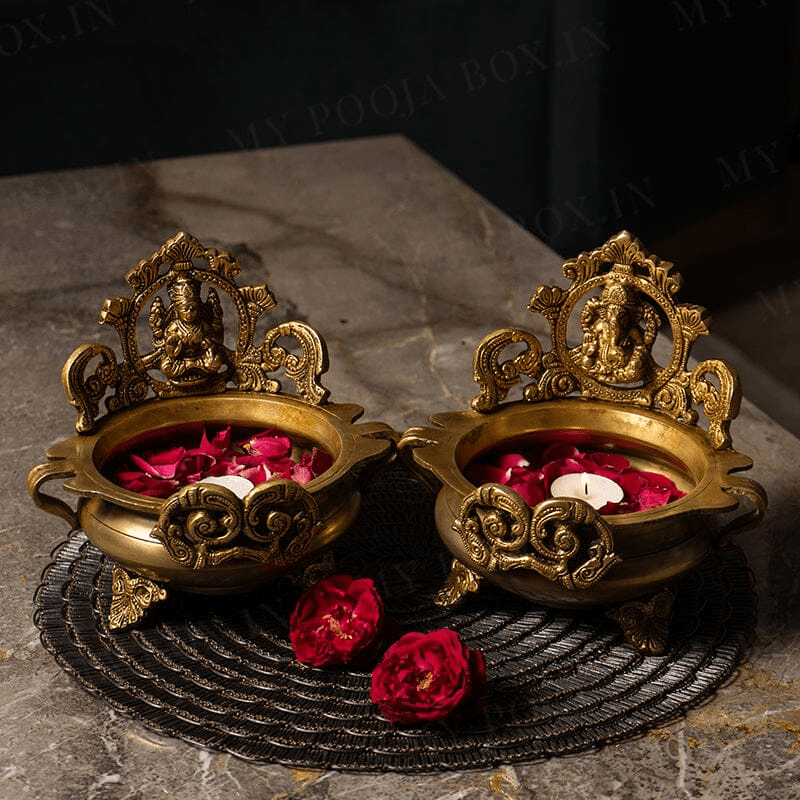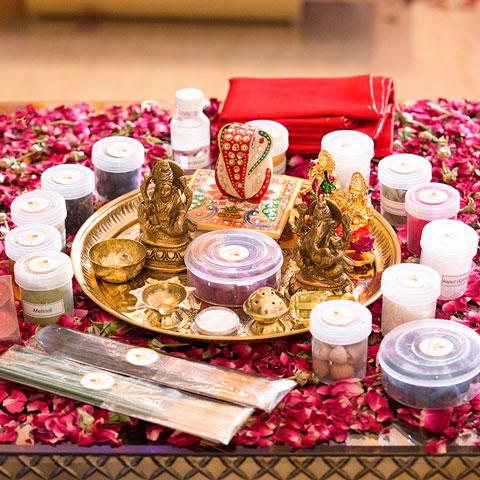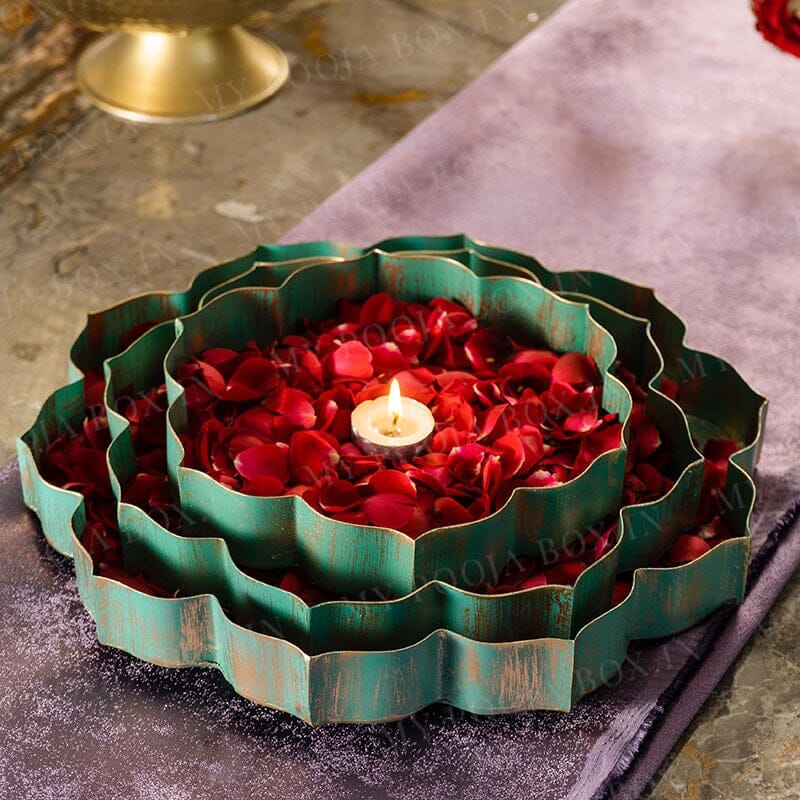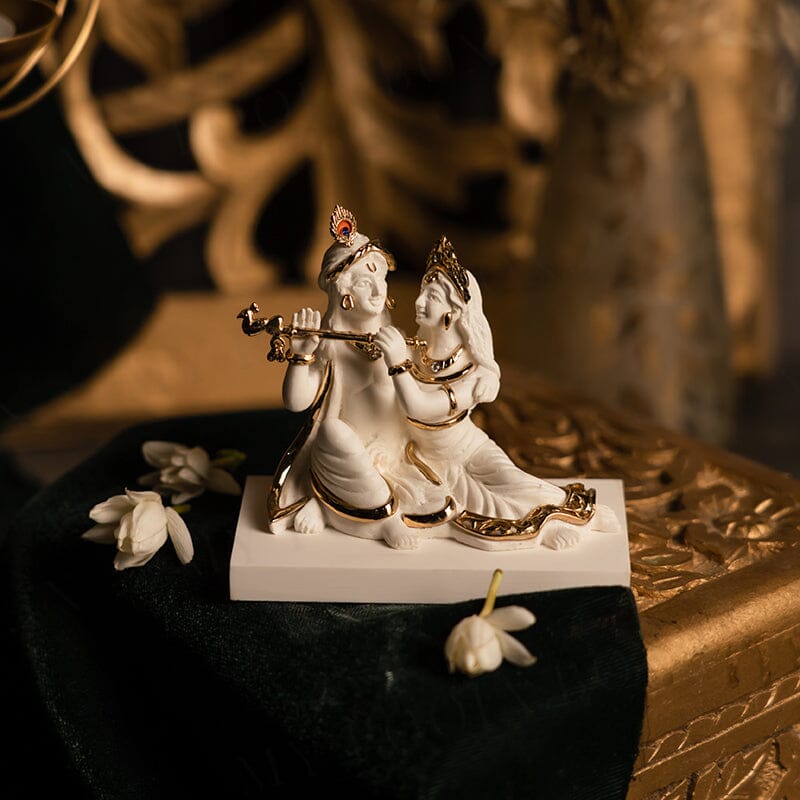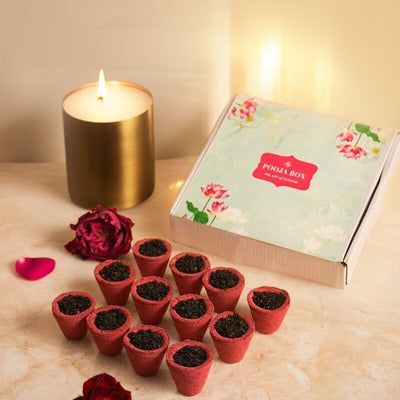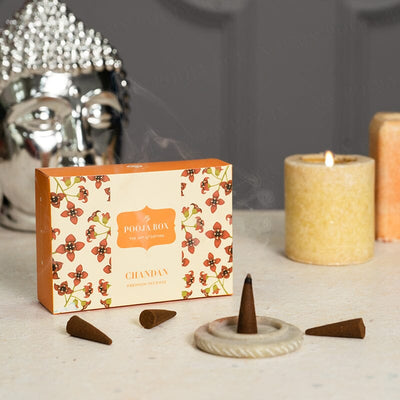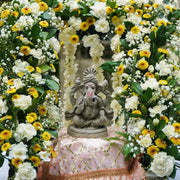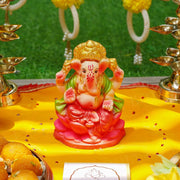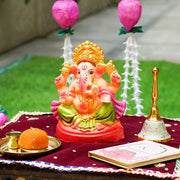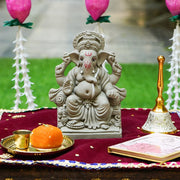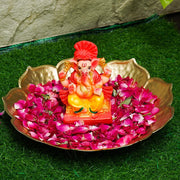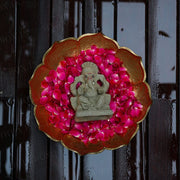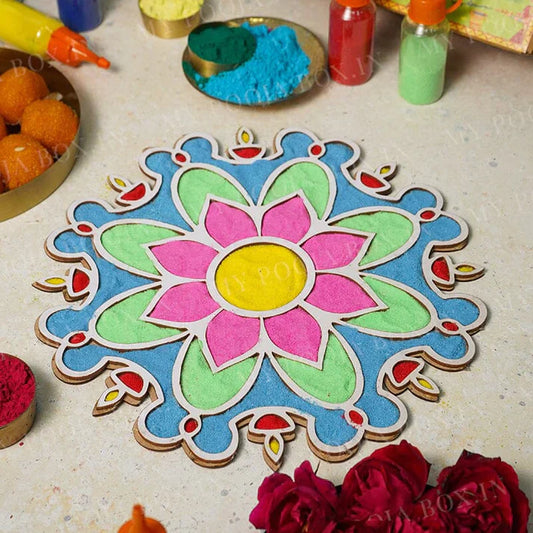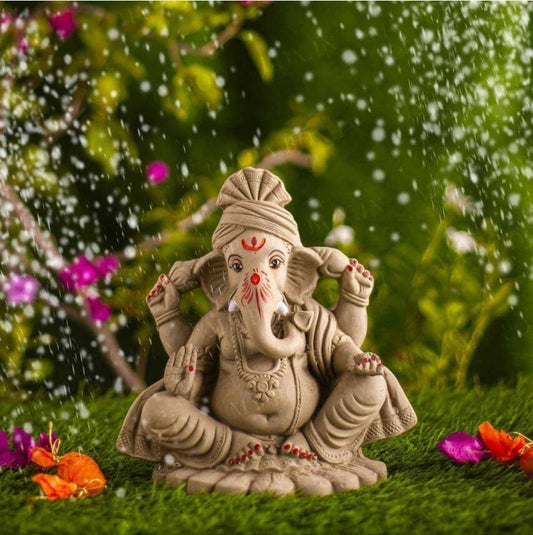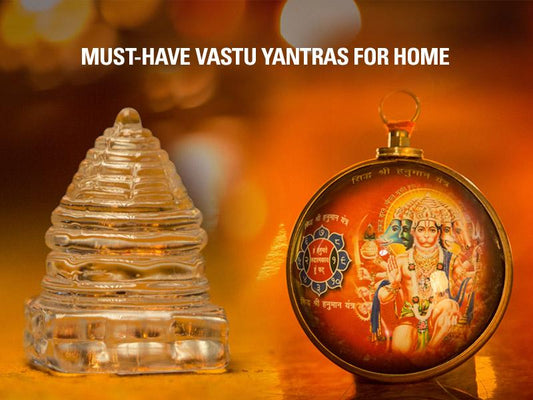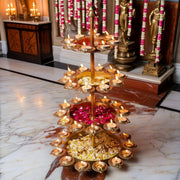Indians celebrate every occasion with exceptional pomp, and glamour and Ganesh Chaturthi is no different. Celebrated to honor Lord Ganesha, Ganesh Chaturthi is the festival that celebrates Lord Ganesha's birth.
However, each year the celebrations come at the cost of the environment. People get so carried away while celebrating that they look over the long-term damage that they are doing to the environment. Every year the air and water quality gets compromised after the celebrations. A little alteration in the celebrations can go a long way.
Generally, Ganpati Idols are made of Plaster of Paris and artificial colours. These are non-biodegradable in nature, and when they come in contact with water, choke the water bodies, and have negative impacts on the aquatic ecosystem. Moreover, these idols are coloured with artificial colours with a high amount of lead and mercury, which destroys the plants and creatures living in the water and deems the water unfit to be used by human beings in the future.
As opposed to this, Eco friendly Ganesh idols are made out of organic mud, soil, and natural colors used while painting it. Moreover, being made of clay, it easily disintegrates in water without destroying flora and fauna.
Reasons to Choose Eco-Friendly Ganpati Idols this Ganesh Chaturthi:
Protects Human Health: Idols made from Plaster of Paris harm aquatic life and directly pose a risk to human health. Many people use water from the same bodies where these idols are immersed. If the contaminated water comes into contact with humans, it could lead to food poisoning or other health issues. Non-vegetarians are especially at risk, as fish and other aquatic creatures might have ingested harmful substances, which could then affect those who consume them. On the other hand, eco-friendly Ganpati idols dissolve in water, leaving no harmful impact on either human or aquatic life.
Prevents Allergies: Plaster of Paris idols often contain harmful chemicals that give them a glittery look, which may cause skin irritations or allergic reactions if they come into contact with skin. Eco-friendly Ganesh idols, however, are free from such chemicals and are skin-friendly.
Easy to Make: Unlike Plaster of Paris idols, which require a sculptor, clay Ganesh idols can be easily made at home with basic materials. With a little assistance, you can create a personalized Ganesh idol for the festival.
Saves Water Resources: After the festival, Plaster of Paris idols pollute water bodies, harming aquatic life. In contrast, eco-friendly Ganesha idols are biodegradable, ensuring no harm to the ecosystem. Additionally, these idols are smaller, making it easier to immerse them in an artificial tank, which prevents water contamination and helps conserve water resources.
Plantable Ganesh Idols: Some clay Ganesh idol makers have introduced an eco-friendly concept by embedding plant seeds inside the idols. After immersion, you can extract the seeds and plant them in your garden. This encourages environmental responsibility while celebrating the festival.
Other Eco-Friendly Measures for Ganesh Chaturthi:
Avoid Firecrackers: Firecrackers, commonly used during the festival, contribute to air and noise pollution. They can also cause serious health issues, particularly for people with respiratory problems, and create distress for animals. It’s best to avoid them to protect both human health and animal welfare.
Minimize Noise Pollution: Instead of playing loud music at pandals, consider using instruments that produce soft, soothing sounds. This will help reduce noise pollution while still maintaining the festive atmosphere.
Use Artificial Immersion Tanks: Immersing idols in public water bodies can lead to contamination, as the same water may be used for drinking. Using artificial immersion tanks for idol immersion minimizes this risk and helps protect water sources.
Refrain from Using Plastic: Reduce plastic waste by carrying your own bag when shopping for the festival and avoiding plastic cups and plates for prasad distribution. Opt for biodegradable paper or clay alternatives instead.
As Ganesh Chaturthi approaches, it’s important to embrace these eco-friendly practices for a sustainable celebration. By understanding the significance of an environmentally responsible festival, you can help educate others and minimize your contribution to environmental harm. To avoid being misled by idol sellers, remember that eco-friendly clay idols are generally heavier than Plaster of Paris idols. This distinction can help you choose the right idol and practice environmental awareness. Let’s commit to a completely eco-friendly Ganesh Chaturthi from this year onwards and contribute positively to the environment.
